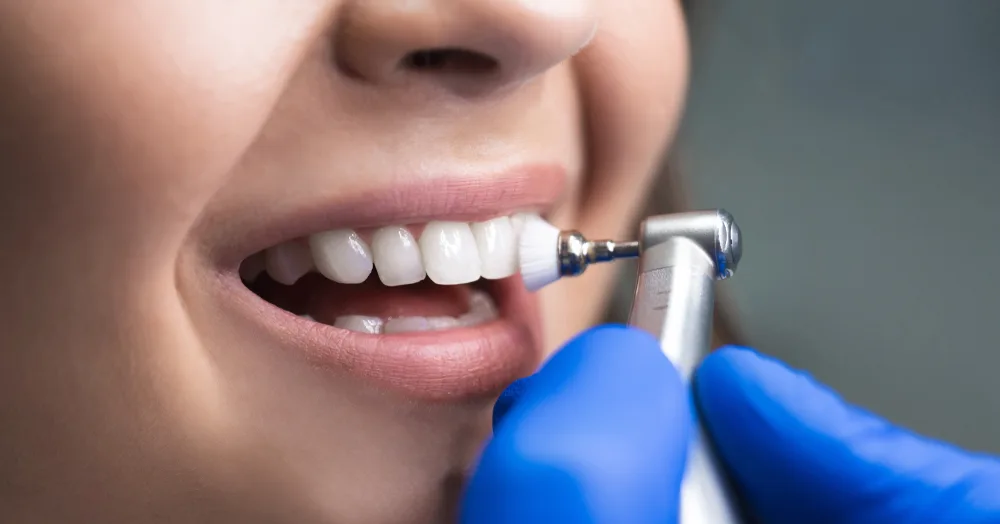Dental cleanings are pivotal for maintaining optimal oral health, yet the experience of post-cleaning tooth sensitivity can leave many individuals perplexed. In this comprehensive guide, we delve into the intricacies of why teeth may feel sensitive after a dental visit, exploring underlying causes and offering effective solutions to alleviate discomfort.
Understanding Tooth Sensitivity After Dental Cleanings:
1. The Cleaning Process:
During a dental cleaning, your skilled dentist or dental hygienist utilizes an array of instruments to meticulously remove plaque, tartar, and stains from your teeth. While this process is indispensable for preventing gum disease and tooth decay, it can inadvertently lead to temporary sensitivity.
2. Exposed Dentin:
In certain instances, particularly aggressive cleaning techniques or the use of sharp instruments may unintentionally expose the dentin beneath the enamel. Dentin is replete with tiny tubules that connect to the nerves of the teeth, rendering them more susceptible to sensitivity when exposed.
3. Gum Inflammation:
Pre-existing gum inflammation or sensitivity can exacerbate discomfort during the cleaning process. The removal of plaque and tartar may aggravate the condition, amplifying tooth sensitivity.
4. Tooth Whitening Agents:
Some dental cleanings incorporate tooth whitening agents or polishing pastes to eliminate surface stains. While effective, these products may temporarily heighten tooth sensitivity.
Solutions to Alleviate Tooth Sensitivity:
1. Utilize a Desensitizing Toothpaste:
Transitioning to a desensitizing toothpaste can significantly mitigate tooth sensitivity over time. Seek out products containing potassium nitrate or stannous fluoride, which are adept at obstructing the transmission of nerve signals from the tooth surface to the nerve.
How long does tooth sensitivity typically persist after a dental cleaning?
The duration of tooth sensitivity varies from individual to individual and hinges on the underlying cause. Generally, sensitivity should abate within a few days to a week. If sensitivity persists or intensifies, it is prudent to seek professional dental guidance.
Are there any home remedies for alleviating tooth sensitivity?
A: Rinsing with a fluoride mouthwash, eschewing very hot or cold foods and beverages, and employing a soft-bristled toothbrush can ameliorate tooth sensitivity at home. However, persistent sensitivity warrants prompt dental consultation.
Conclusion:
While tooth sensitivity subsequent to a dental cleaning may be disconcerting, it is typically transient and manageable. By comprehending the causes of sensitivity and adhering to recommended solutions, you can navigate post-cleaning discomfort adeptly, fostering enduring oral health. Should concerns persist, do not hesitate to consult your dentist for personalized guidance and care.



